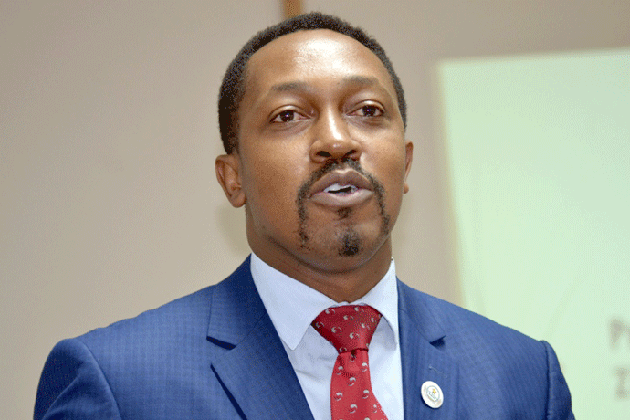Staff Reporter
President Emmerson Mnangagwa’s commitment to resolving Zimbabwe’s US$21 billion debt through economic reforms, governance improvements, and secure land tenure has been met with mixed reactions from analysts and stakeholders.
Economic analyst Persistence Gwanyanya applauded the Government’s focus on reforms as critical to unlocking international support.
“President Mnangagwa’s emphasis on structural reforms and governance improvements is exactly what Zimbabwe needs to attract foreign investment and restore international financial relations. This shows a pragmatic approach to resolving the debt issue while boosting investor confidence,” Gwanyanya stated.
Professor Gift Mugano, an expert in international economics, welcomed the progress highlighted by the President, particularly on land tenure security.
“The move to implement 99-year leases demonstrates a long-term vision to bring stability and predictability to Zimbabwe’s agricultural sector. This will also ensure that farmers have the confidence to invest in productivity, which is vital for economic recovery,” he noted.
Political analyst Dr. Ibbo Mandaza underscored the importance of re-engagement with global creditors and stakeholders.
“President Mnangagwa’s consistent focus on debt clearance and arrears is a step in the right direction. The emphasis on global re-engagement is not just about resolving debt but also about reintegrating Zimbabwe into the global economy, which has far-reaching benefits,” Mandaza said.
Business leader and industrialist Busisa Moyo praised the President’s efforts as a strong signal to the private sector.
“The commitment to resolving arrears and implementing reforms signals that Zimbabwe is serious about creating a stable and predictable economic environment. This will encourage more local and foreign businesses to invest in the country,” Moyo remarked.
However, not everyone was optimistic. Political economist and critic Dr. Tendai Mabasa expressed skepticism about the pace of reforms.
“While the intentions are commendable, there is little evidence of tangible progress in key areas like corruption and transparency. Without addressing these systemic issues, debt clearance alone won’t yield the stability and prosperity the President envisions,” Mabasa argued.
As Zimbabwe continues to pursue its arrears clearance and debt resolution goals, stakeholders remain hopeful yet cautious about the impact of the reforms and governance improvements spearheaded by the Government.




